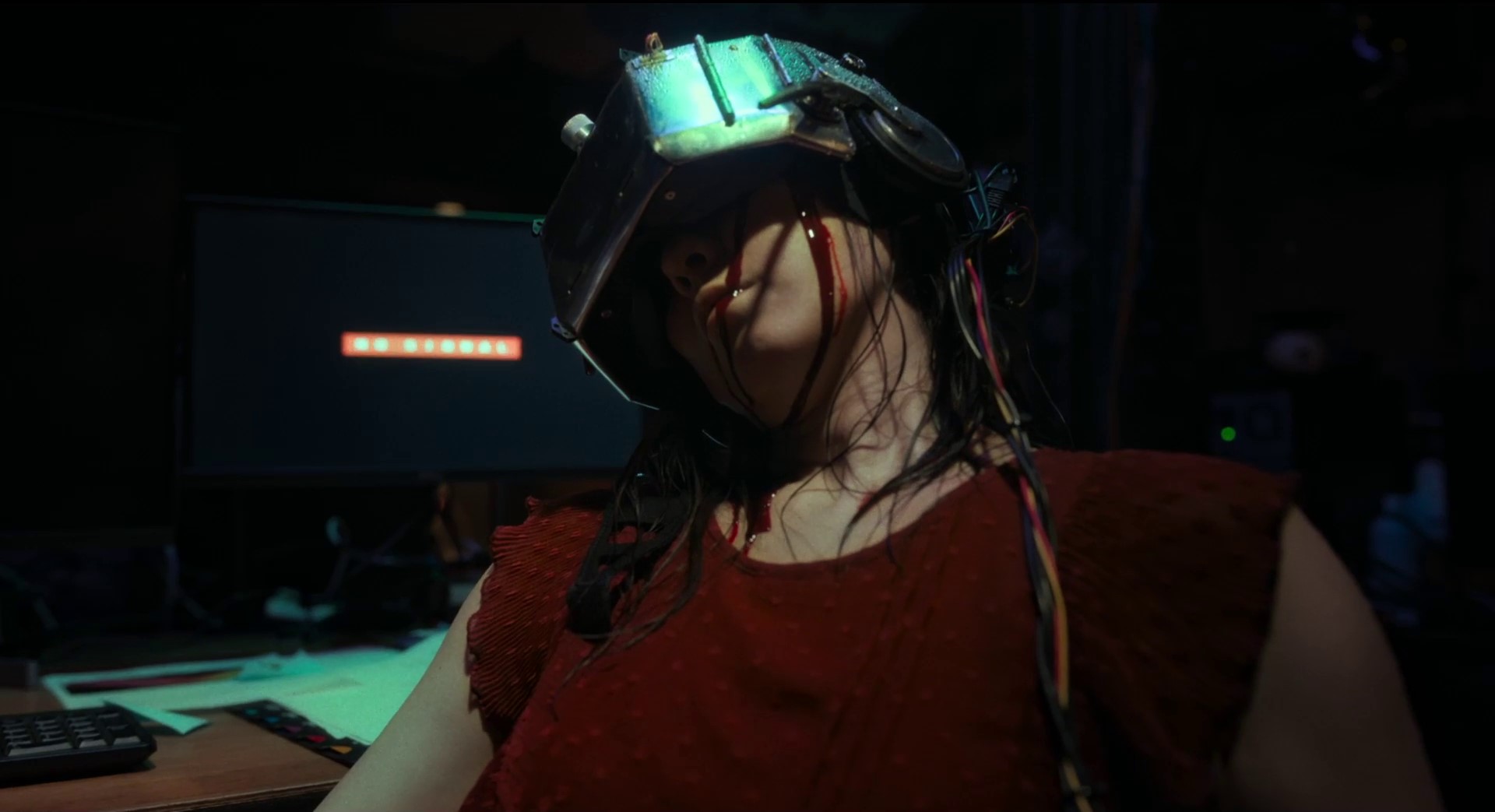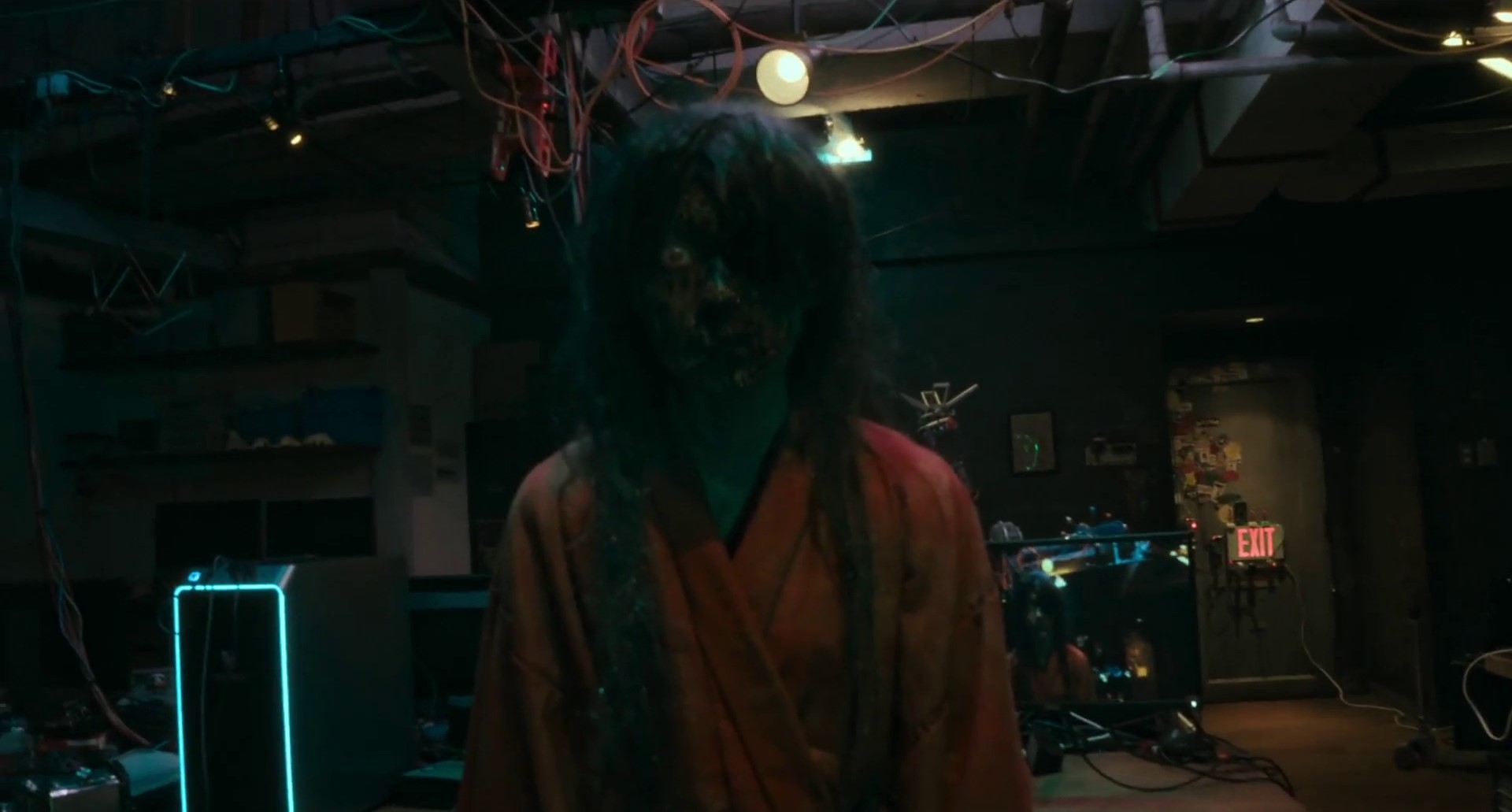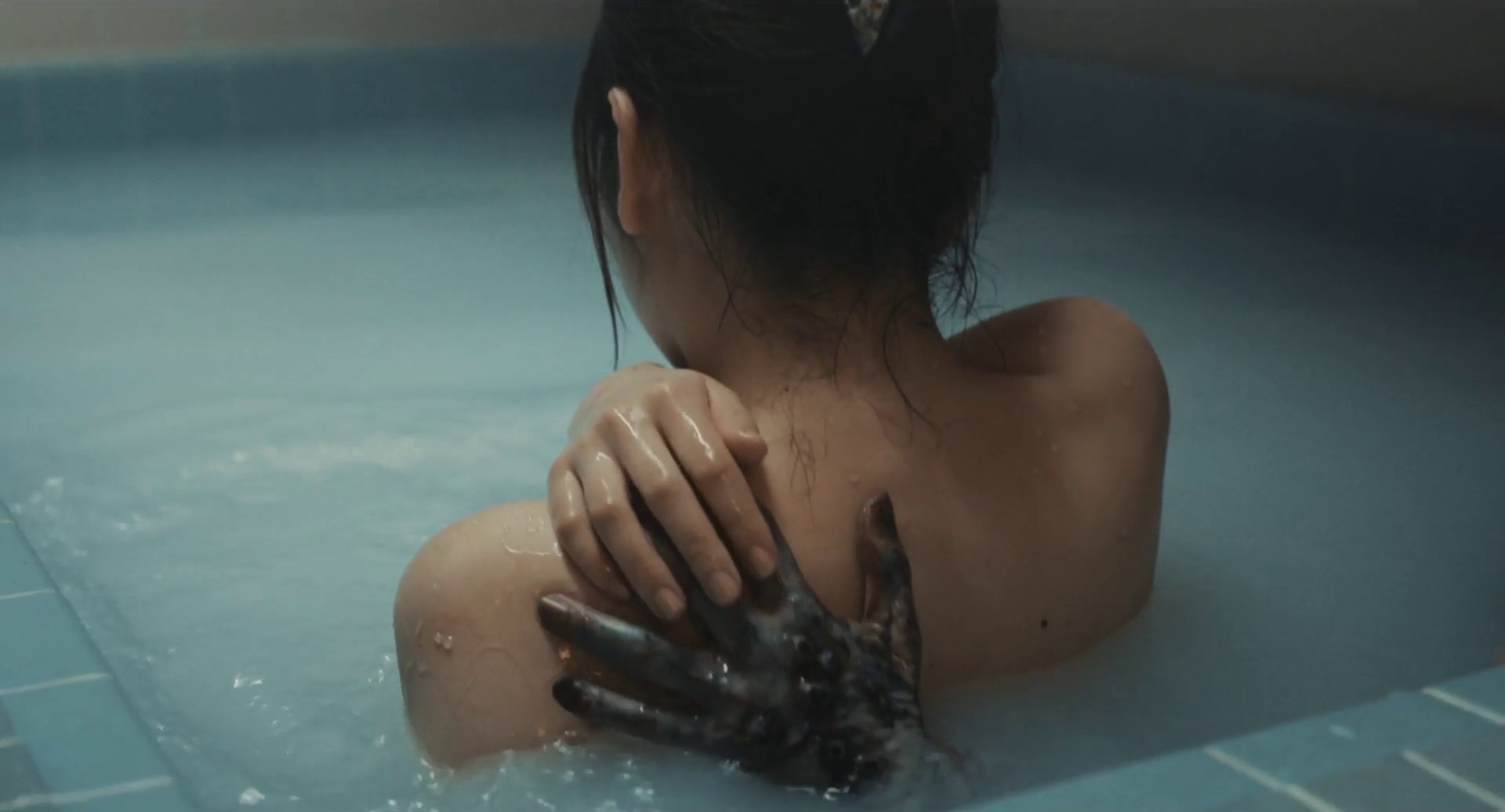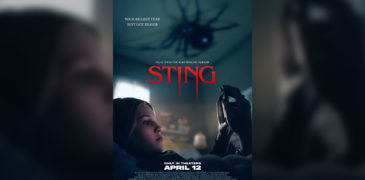
The fact that both Hideo Nakata (Ringu, Dark Water) and Takashi Shimizu (Ju-On, Reincarnation) have been consistently releasing new horror films as of late is astonishingly overlooked. At the same time, one can argue that the not-so-favorable critical reception for these films is the reason why they’re not gaining the traction that their predecessors once did. But no matter how I’ve felt about the recent work of these prolific filmmakers—my thoughts range from “decently entertaining” to “meh”—I still find myself feeling eager to see what they release next. Perhaps it’s the nostalgic factor that keeps me intrigued, having discovered both directors many years ago, which I’m sure most readers here can relate to.
Takashi Shimizu specifically is notorious for releasing a series of very ambitious horror films after the success of Ju-On—too ambitious, perhaps, for a general audience outside of Japan—from a mythological found-footage vampire romance (?) that dabbles in topics of the occult and scientific concepts (Marebito), to a film where a young boy is having disturbing dreams about a human-sized stuffed rabbit chasing after him and is somehow vaguely inspired by Hans Christian Andersen’s The Little Mermaid (The Tormented). His more recent films, however, are a bit more commercial, focusing solely on cursed villages and classic folklore mixed with modernity. Immersion falls perfectly into the latter.

Immersion revolves around a group of mysterious deaths that befall the employees of a VR-tech company after they travel to work on a secret project on an island. The idea is that they will recreate the entire island using virtual reality technology, eventually allowing others to explore it without having to physically set foot in it. Tomohiko Kataoka, an advanced computer scientist and the newest addition to the team, arrives on the island sometime after the chief is found dead, wearing a VR headset. While inspecting the footage from the chief’s last game-play, Tomohiko finds an uncanny glitch—a woman in red suddenly appears without having been programmed to. Tomohiko and his peers are forced to identify this apparition before it’s too late.
The thing I most enjoyed about Immersion is that it continues the beloved but not-forgotten trend of mixing old folklore with modern technology—something that Japanese horror is pretty well-known for. Although Shimizu-san’s recent Village Trilogy (Howling Village, Suicide Forest Village, and Ox-Head Village) also focuses on the supernatural, technology is not really integrated outside of showing characters live streaming during their haunted area excursions. Immersion incorporates the VR technology in a way that is similar to how Ringu did with VHS tapes and Kairo did with computers. However, some of the rules regarding VR technology are not made entirely clear, making suspension of disbelief necessary for proper enjoyment.

Unfortunately, the film is rather tame when it comes to the scares and it never fully takes advantage of the virtual reality world that it successfully introduces in the opening act. Shimizu-san undoubtedly has a knack for creating stark and eerie visuals, so naturally, all of the set pieces here look incredible. However, it feels like more of the same from his Village Trilogy (and several other yurei films) instead of making the most of the VR aspect. The second half of the film features hauntings in the real world, only briefly going back to the virtual world during the third act. Shimizu-san missed his opportunity to construct some potentially mind-bending sequences in the VR world to set this film apart from others in its genre. Because the rules of the VR world are not thoroughly established, the stakes never really escalated to a point where I was worried about any of the characters.
Tomohiko is not the most likable crayon in the box, exuding a very antisocial personality and often coming across as rude and detached. I initially assumed that this was the reason why he preferred the virtual world and focused exclusively on his work to avoid human interaction, but his peer Tamaki makes the astute observation that he actually likes people and wants them to enjoy his creations. This makes his character arc feel unfulfilled because he never does anything to support that theory, nor does he seem to ever truly acknowledge it. I’m not someone who needs every character to be amiable in the movies I watch, but this just seemed like a strong creative choice that added nothing to the overall narrative. The rest of the characters are quite endearing, with the standouts being Tamaki, who develops a kinship with Tomohiko, and Rin, a young girl who fortuitously gets involved in the mystery.

There’s a narrative shift in the third act of the film that comes out of left field; we get to witness a very effective portrayal of our antagonist’s backstory via flashback, and right when the story seems about ready to wrap up, the shift ensues. I believe this was meant to serve as a plot twist, but it felt a bit tacked on even though the shift involves a character that is prevalent from the beginning. The placement of the revelation is what made it feel so discombobulating, but perhaps that was the point. I would be curious to see how I feel about it after a second viewing, as sometimes knowing what to expect makes the story more digestible. Nevertheless, Immersion hits all the story beats that are familiar to the yurei genre. Fans of Shimizu-san’s Village Trilogy and even the Fatal Frame series might find more to enjoy here than your average moviegoer or general horror fan.
Overall, Immersion is enjoyable enough to warrant a viewing. It boasts an array of competent J-horror visuals, performances, and plays with your nostalgia by calling back to the yurei films that rose in popularity along with Shimizu’s own Ju-On franchise and Hideo Nakata’s Ringu. Those of you looking for something outside of that and more in line with Shimizu-san’s more experimental work might not be too impressed—this is definitely more commercial and based on some of the online reception that I’ve seen, predominately unsung, which explains why the sub-genre has yet to fully re-emerge. In terms of personal taste, I would say that Immersion is equal parts “decently entertaining” and “meh”.
More Film Reviews
Koreatown Ghost Story (2021) Short Film Review
Konnichiwa! Dia Duit! Howya! Gather round children, it’s time for Straight Outta Kanto to tell you a ghost story… Koreatown Ghost Story to be precise. Written, directed and produced by…
Sting (2024) Film Review – Scared of Spiders? You Will Be.
Some Critters Aren’t Meant To Be Kept As Pets “After raising an unnervingly talented spider in secret, 12-year-old Charlotte must face the facts about her pet, and fight for her…
Film Review: Bliss (2019) – A Drug-Fueled Descent into Madness
I am all for horror that takes a new direction to its approach! With so many films using the same played-out premise with an interchangeable villain, I am happy to…
Overlooked J-Horror: Director Koji Shiraishi
Konnichiwa! Ni Hao! Hola! Straight Outta Kanto here with a little director spotlight for you this week! Just like you guys I am a die-hard Asian horror fan and have…
Flee The Light Film Review (2021) – Atmospheric, Effective Witchcraft Horror
Flee the Light, the first feature film from Toronto-based production company Mythic Trips, is an indie mystical horror-thriller about two sisters who find themselves in the crosshairs of an ancient…
Preman (2021) Film Review – Indonesian Action Crime Drama
Preman is a 2021 Indonesian action crime drama, written and directed by Randolph Zaini in his first feature length directorial debut. After witnessing the murder of an old man at…

Your typical ghoul next door; film enthusiast, horror fanatic, J-horror nerd, aspiring horror host, and all around geek. Will likely be found cuddling with their cat and reading an old smelly book, or stuffing their face with popcorn at the cinema!






